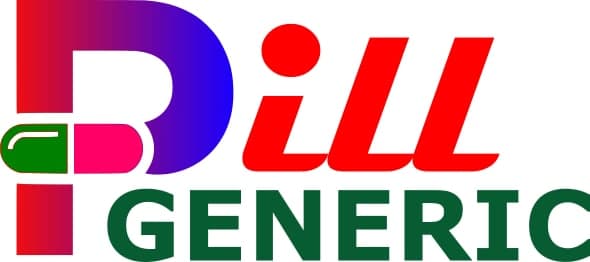Alcohol and Drug Counseling: Tools to Build a Healthier Future
Addiction to alcohol and drugs is a widespread issue that affects individuals and families across the globe. Overcoming addiction is challenging, but with the right tools and professional guidance, recovery is possible. Alcohol and drug counseling plays a vital role in this journey, providing support, strategies, and hope to those striving for a healthier, substance-free life.


The Role of Alcohol and Drug Counseling
Counseling is more than just a conversation—it’s a structured approach to understanding addiction and providing tools to navigate recovery. The primary goals of alcohol and drug counseling include:- Identifying Triggers: Understanding what leads to substance use.
- Developing Coping Strategies: Learning healthier ways to manage stress and emotions.
- Setting Goals: Establishing achievable milestones for sobriety and personal growth.
- Building Support Networks: Strengthening relationships with family, friends, and support groups.
Key Tools in Alcohol and Drug Counseling
Effective counseling incorporates a range of tools and techniques tailored to individual needs. Here are some of the most commonly used approaches:1. Motivational Interviewing (MI)
Motivational interviewing is a method of boosting individuals' motivation to make changes. It helps clients explore their goals and resolve ambivalence about quitting substance use.- Key Feature: Collaborative and non-judgmental approach.
- Goal: Empower clients to make meaningful decisions about their recovery.
2. Cognitive Behavioral Therapy (CBT)
CBT is widely utilized method of therapy that aids people to identify and alter negative thinking patterns and behaviours.- Benefits:
- Identifying triggers for substance use.
- Developing healthy coping mechanisms.
- Preventing relapse through better decision-making skills.
3. 12-Step Programs
Programs like Alcoholics Anonymous (AA) and Narcotics Anonymous (NA) provide peer support and a structured pathway to recovery.- Focus Areas:
- Admitting the problem.
- Taking responsibility for actions.
- Building a support network.
4. Family Therapy
Addiction often affects entire families, not just individuals. Family therapy addresses communication breakdowns, rebuilds trust, and fosters a supportive home environment.- Key Benefits:
- Resolving conflicts.
- Educating family members about addiction.
- Strengthening family bonds.
5. Mindfulness and Stress Management Techniques
Mindfulness practices, such as meditation and deep breathing exercises, help individuals manage stress and cravings effectively.- Why It Works:
- Reduces anxiety and depression.
- Improves focus and emotional regulation.
6. Dual Diagnosis Treatment
Many individuals with substance use disorders also face mental health challenges like depression or anxiety. Dual diagnosis treatment addresses both issues simultaneously for a more comprehensive recovery.- Approach: Integrated care combining counseling and psychiatric treatment.

The Importance of Relapse Prevention
Relapse is an inevitable aspect of recovery It doesn't necessarily indicate failure. Counseling equips individuals with strategies to minimize the risk of relapse, such as:- Creating a Relapse Prevention Plan: Outlining steps to take if cravings arise.
- Identifying Warning Signs: Recognizing behaviors or emotions that may lead to substance use.
- Building a Support Network: Staying connected with counselors, support groups, and trusted friends.
Building a Healthier Future: Counseling in Action
Recovery is about more than just abstaining from alcohol and drugs; it’s about creating a fulfilling and balanced life. Here’s how counseling helps individuals build a healthier future:- Personal Growth and Self-Discovery Counseling encourages clients to explore their values, strengths, and passions, fostering a sense of purpose.
- Skill Development Learning practical skills, such as effective communication, time management, and problem-solving, helps individuals navigate challenges without relying on substances.
- Reconnecting with Loved Ones Through family therapy and open communication, clients can mend relationships and rebuild trust with those they care about.
- Achieving Long-Term Goals Setting and achieving goals, whether related to education, career, or hobbies, provides motivation and a sense of accomplishment.
Seeking Help: What to Expect
Starting counseling can be daunting, but knowing what to expect can ease the process:- Initial Assessment: The counselor will evaluate your substance use history, mental health, and personal goals.
- Customized Treatment Plan: A tailored approach will be designed based on your needs and circumstances.
- Supportive Environment: Sessions will be conducted in a safe, confidential, and non-judgmental space.

